8 Weird But Real Weather Terms
Check out our top picks for weird weather terms.
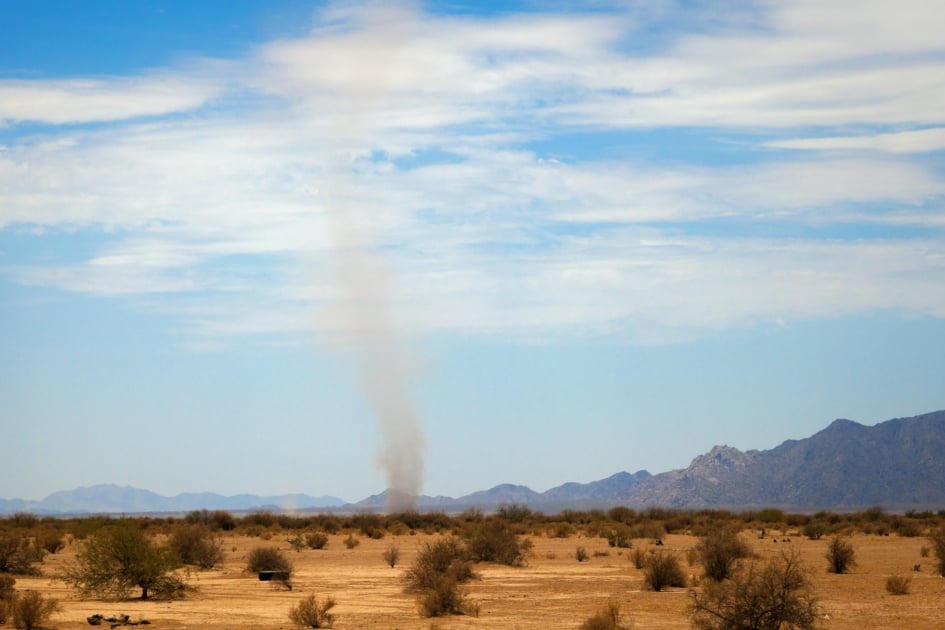
Think you know everything about the weather? Check out some of these weird weather terms that may be new to you.
8 Weird But Real Weather Terms
Dust Devil
A “rapidly rotating column of air that swirls dust, debris, and sand to great heights, and superficially resembles a small tornado. Caused by superheated air above a sun-baked ground that rises into cooler air… Sometimes also called a whirling dervish.”
Other names for this phenomenon include “dancing devil” and “sun devil.” They tend to be small—3 feet in diameter or less—although there have been recorded instances of dust devils becoming over 300 feet wide. They are similar in form to a waterspout, which forms over a body of water, and a snow devil, which is a whirling column of snow.
Mackerel Sky
This is a “formation of cirrocumulus or altocumulus clouds that look like the pattern of scales on a mackerel’s back.” Sailors used to say:
Mackerel sky, mackerel sky.
Never long wet
and never long dry.
since its appearance signaled stormy weather to come. In some places, it is also called a buttermilk sky.
3. Gully Washer

It is an extremely heavy downpour that causes flash flooding when ditches (or gullies) overflow.
4. Mare’s Tail
A formation of cirrus clouds that are wispy and stretch across the sky like a mare’s tail blowing in the wind. Weather lore about them says: “Mackerel scales and mare’s tails, make lofty ships carry low sails.”
5. Knot
A knot measures a unit of speed of one nautical mile per hour (equal to about 1.151 mph). The unit got its name from sailors who used to measure speed letting out a rope with knots tied in it. They would count the number of knots let out in 30 seconds to tell how fast they were sailing.
6. Indian Summer
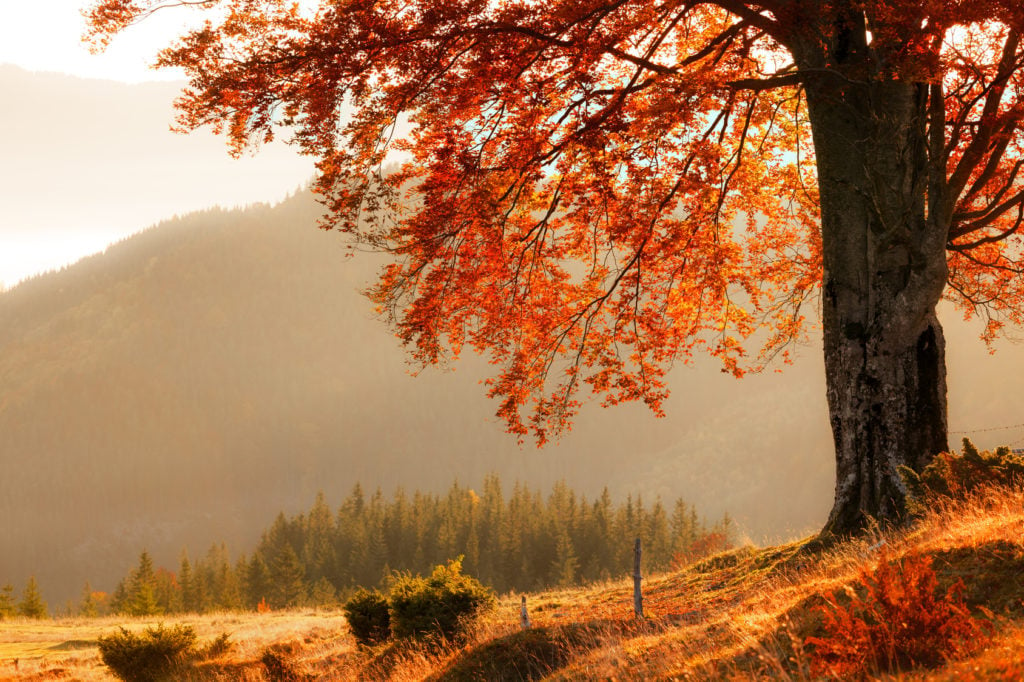
An Indian Summer is a period of abnormally mild weather, occurring in the late autumn or early winter, usually after the first frost. The origin of the term is uncertain, but a likely one suggests that early colonists used the word “Indian” to mean “false,” thus an Indian Summer would be a false summer.
7. Snow Eater
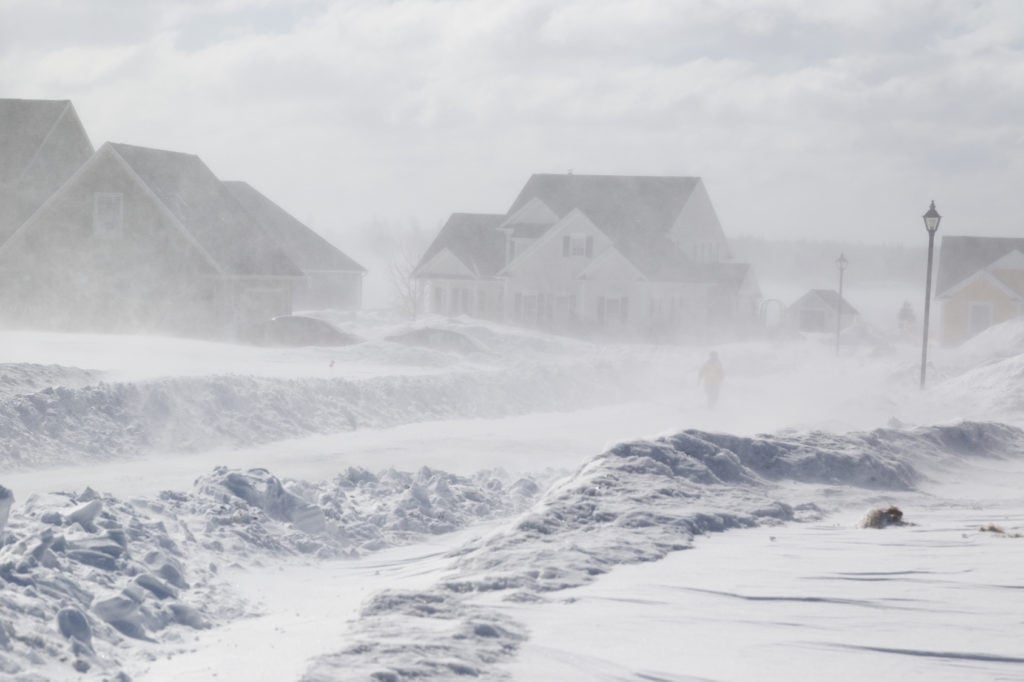
A term used to describe warm dry wind that blows over a snowy terrain and melts the snow. Usually used in the Rockies.
8. Haboob
A haboob is a large, severe dust storm that happens in arid regions. The name comes from the Arabic word for “blasting.” Haboobs are fairly common on the Arabian Peninsula, which is mostly desert but North America has also seen these storms. They can be towering clouds of dust several miles high enveloping the world around you. The dust swallows up buildings, cars, people … everything for miles in every direction.
Check out the Farmers’ Almanac Weather Glossary for more unusual weather terms!

Kristen Hewitt
After graduating from Bates College in 2009, Kristen attended the Salt Institute for Documentary Studies in Maine. She lives in Western Massachusetts where she works at Orion magazine."

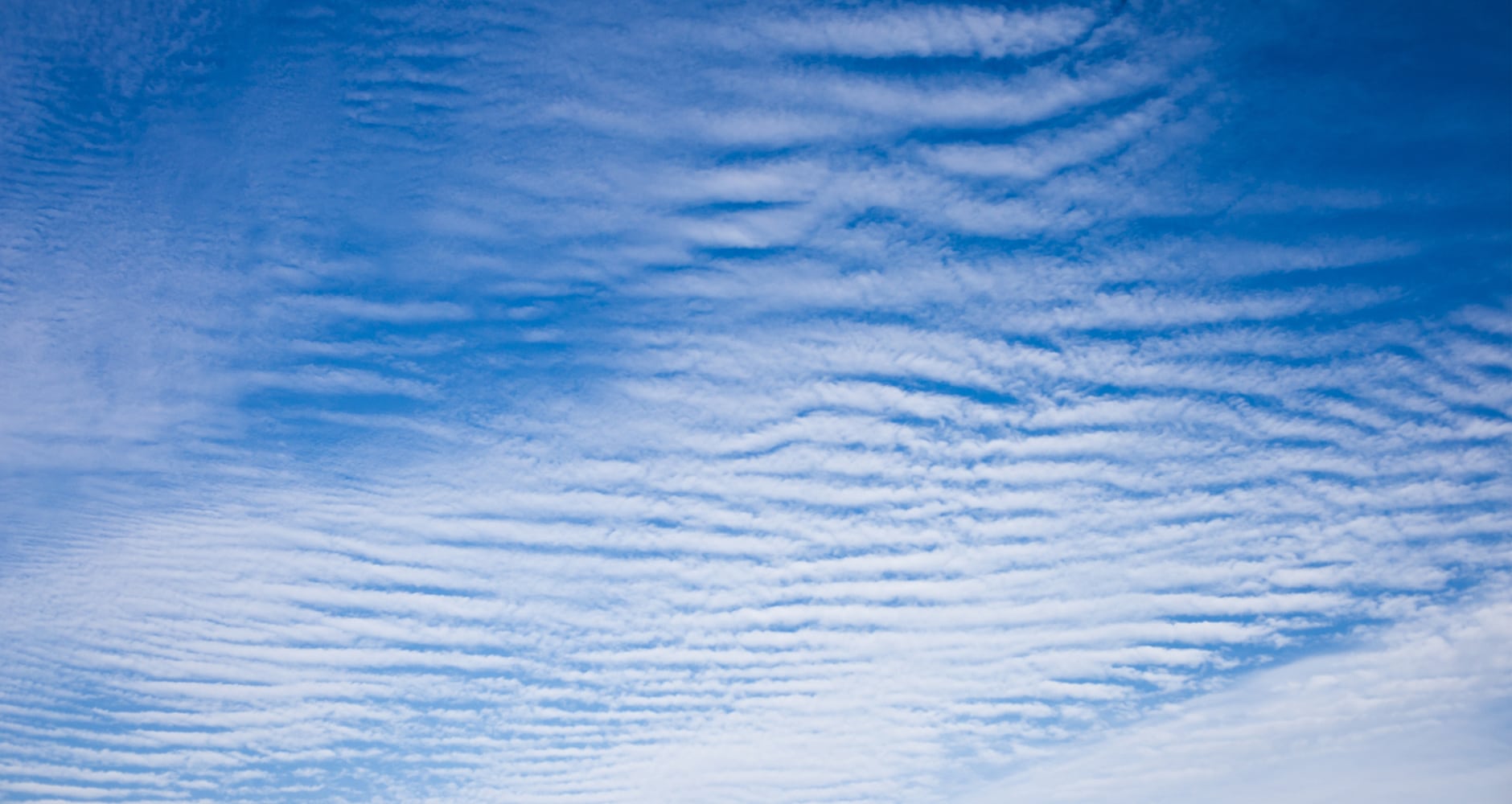
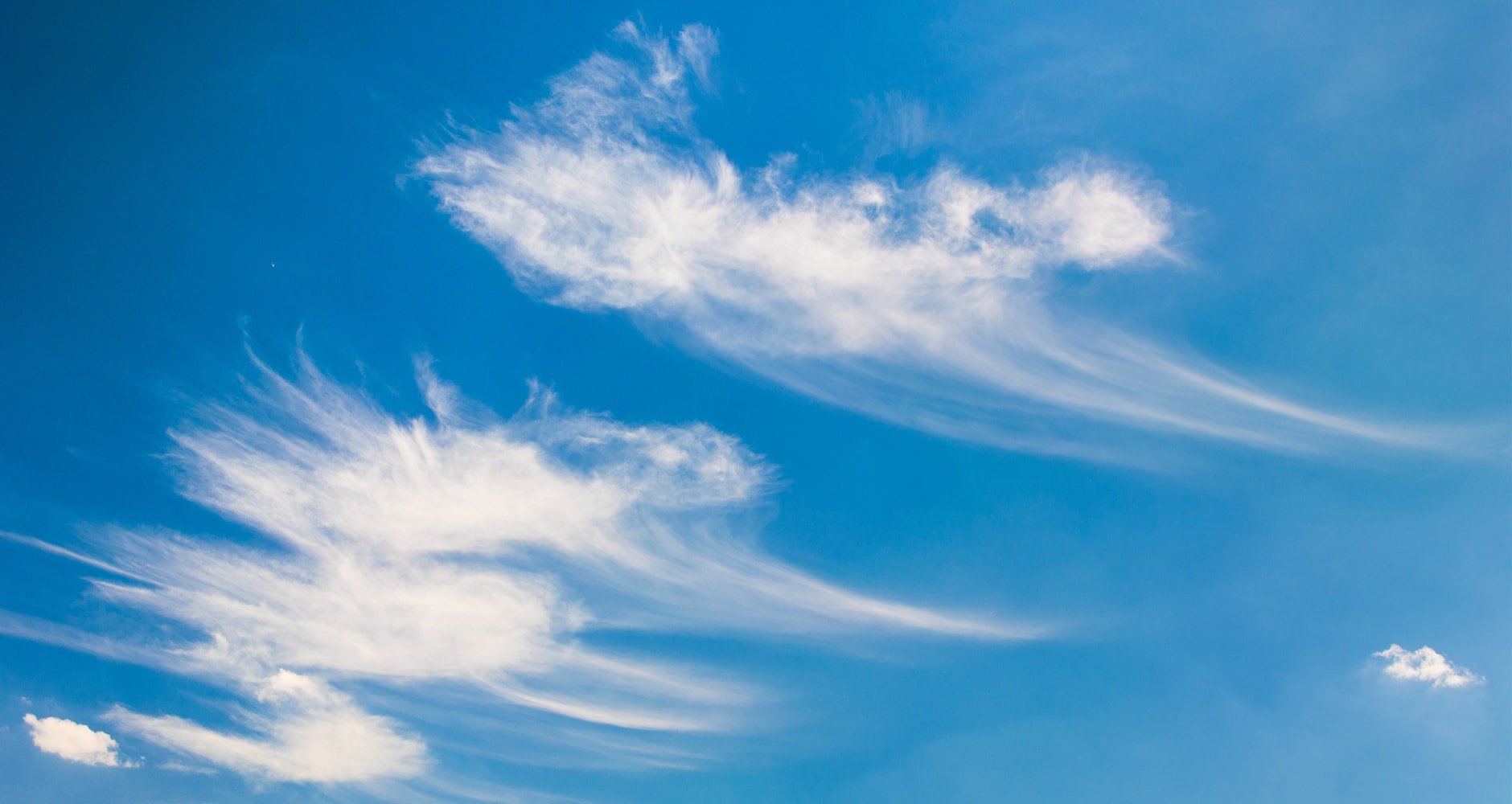

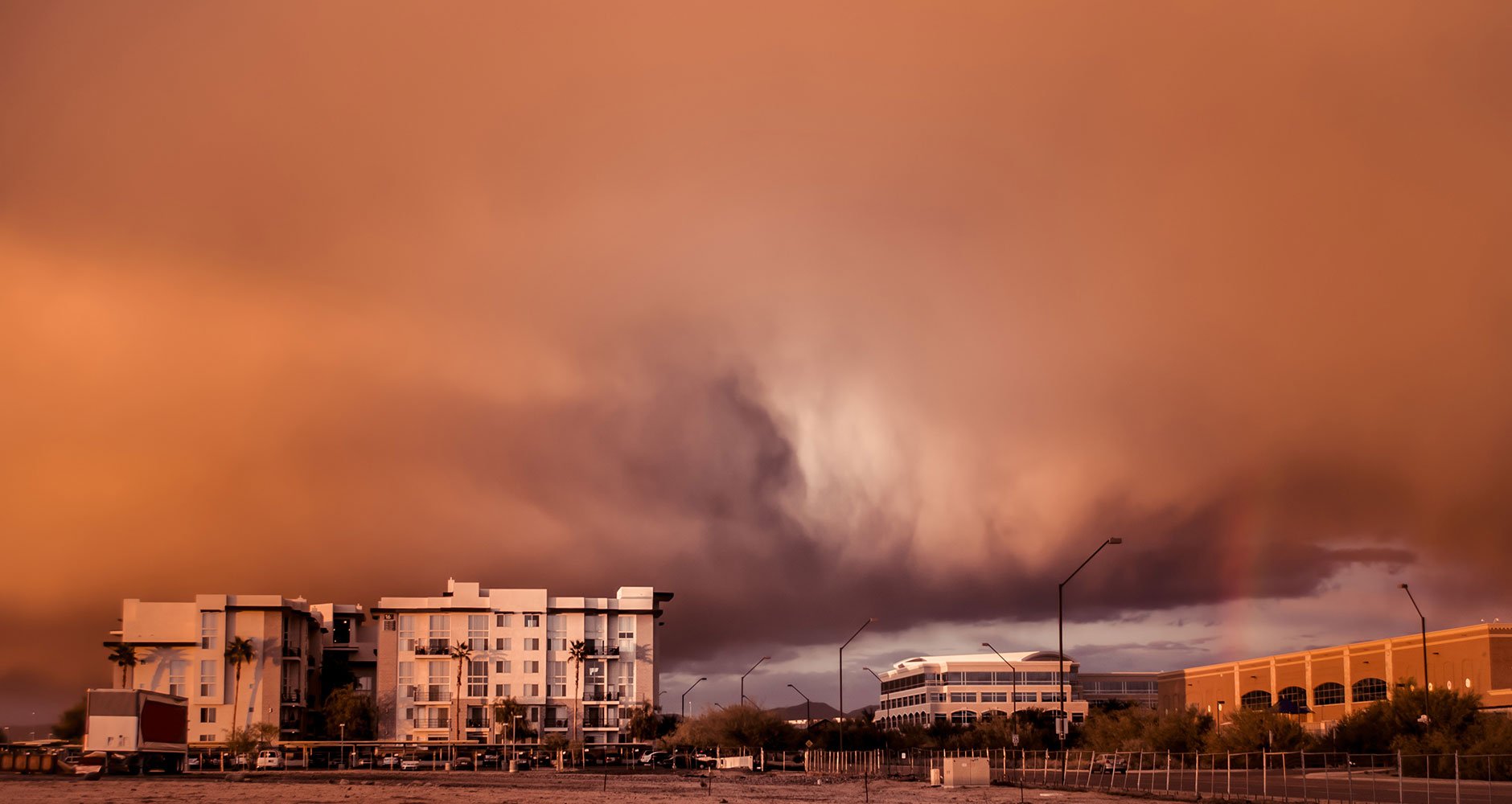



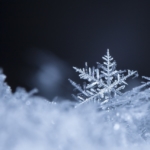
In 1970 while visiting relatives near lake Bridgeport (Texas) I encountered something unusual. A dust storm from the west met a line of thunderstorms from the north, for a good while it rained mud.
Wow, Carl, I bet that was interesting!
I find it interesting.